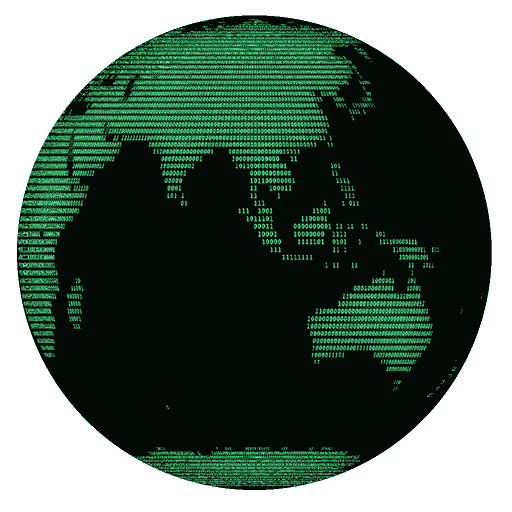Our Goals and Philosophy
The goal of the Open Geocomputing project is to enable sharing of free and open access tools and software that are frequently used in geosciences.
Our philosophy is to maintain a very open philosophy with flexibility to host contributions spanning across entire gambit of geosciences, ranging from a single script to delineate DEMs to complete toolboxes that can perform complex geospatial operations on remote sensing dataset. If you have other ideas, don't hesitate to surprise us 😉.
-
The few restrictions:
- Licensing:We require contributions to be free and open access, which can be used by the wider community. The use of proprietary software such as MATLAB are allowed as long as the scripts are open access.
- Project maintenance: In order to limit the number of zombie projects, we request that the project contributors keep their scripts up-to-date, with regular feature updates. The point is to enable open and replicable science which is not limited to an obscure publication.
- Documentation: In order to enhance the usability of the projects, we request that authors maintain a minimum level of documentation which will allow easier adoption by other researchers. The goal here is not to force people to write a complete guide but to increase usability of the code.
